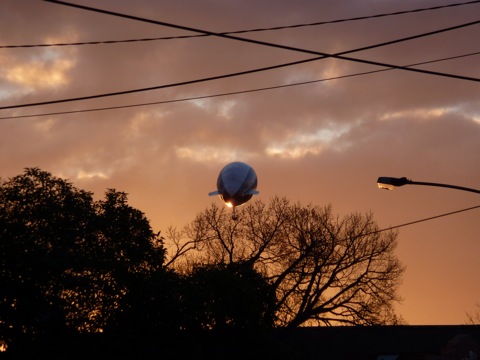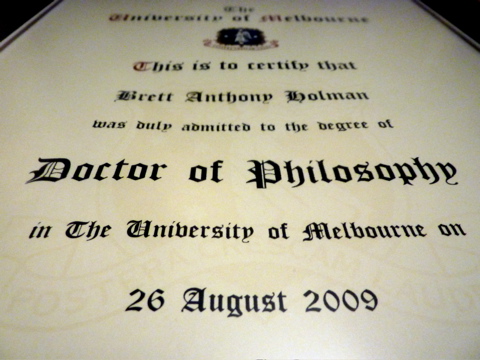The non-atrocity of Getafe
[Cross-posted at Cliopatria.] While in Wales recently I chanced upon a copy of Robert Stradling’s Your Children Will Be Next: Bombing and Propaganda in the Spanish Civil War 1936-1939 (Cardiff: University of Wales Press, 2008). My description at the time was that this book ‘Argues that the memory of Guernica has obscured earlier atrocities, especially […]











